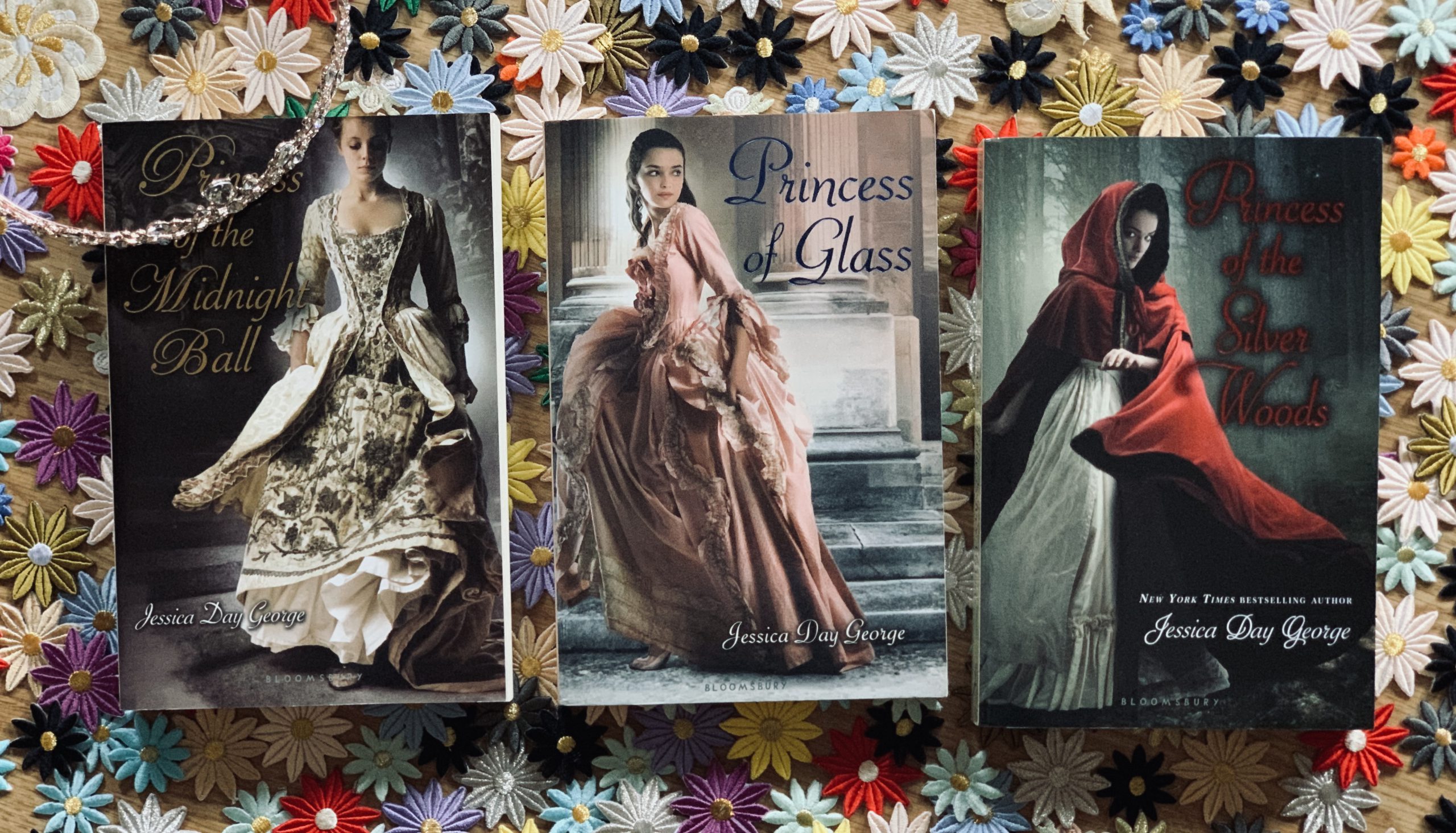- By The Zoya Project
- October 30, 2017
- 0 comments
Everyone who knows me knows how interested I am in studying the Partition of India. (Read the pieces I wrote for my high school newsletter here and here.)
It’s one of the biggest woes to me that we’ve lost so much culture by tearing the country apart, so many lives, so many stories. But Aanchal Malhotra’s Remnants of a Separation is one of the best mediums I’ve seen to bring forth the stories of partition, that more often than not drift away into statistics and cautionary tales in CBSE textbooks. She brings forward the heart behind the bloodshed, shedding light on the people behind the statistics, she gives them names and histories and small material memories that bring forth the horror of partition while reflecting on hope and the idea of being able to bridge the gap between our two nations.
The book is non-fiction, Aanchal has interviewed those who have lived through partition in both India and Pakistan, but it’s so well written it reads like short stories. For anyone who finds reading history unpalatable, this is the book for you. A history, in my opinion, is well written when it reads like fiction, like a story woven together.

“Every time the train stopped at a station, we would all hold our breath, making sure not a single sound drifted out of the closed windows. We were hungry and our throats parched. From inside the train we heard voices travelling up and down the platform, saying, “Hindu paani,” and, from the other side, “Muslim paani.” Apart from land and population, even the water had now been divided”
~~ Aanchal Malhotra
Every account is filled with first details about the object and then delves into the reason the interviewee or their families chose to bring it to the other side of the border. And within these accounts lie the stories of how they came across to either side and how they remade their lives. Every interview showcases the horror of that event and at the same time manages to thread a gleaming silver glow of hope, that despite all the enmity we might still be able to bridge the gap and overcome the atrocities we once committed against each other.
Of all the interviews I particularly loved Azra Haq’s where she showcases her pearls gifted to her by a Maharaja. And more than the soft demeanour of the elderly lady in her pink suit, it’s the way Aanchal writes. She doesn’t change what any of her speakers say, but the way she describes and sets the scene is so lovely. The language is lyrical and descriptive, telling hidden truths that aren’t in the spoken word. She describes the grooves of metal, the wrinkles on hands, the feel of wool and silk. Whenever I read it, my mind conjures the scene that is being described in a blurry watercolour frame, where colours are vivid and more than the actual setting in which Aanchal sits, foggy memory comes to life. I was enraptured so many times that I ran out of my usual post-it’s to mark pages I loved and had to resort to another kind.
With her attention to detail and her passion and compassion for the stories she is telling, Aanchal is rewriting history. She turns statistics that were printed in newspapers 70 years ago into stories. Deaths start to become memorable because they are being remembered not as sacrifices for this new divided world that we have created but rather as true losses, like the oneness we once shared. We are the same world in many senses, especially culturally, and in writing this book she lessens the distance between people of the same kind. Of histories shared. She points out the irony of how we claim we are different from those on the other side in the subtlest manner. Describing the fragrance of geeli mitti when it rains, the people of the Punjab that was once one, the styles of clothing and manner in which food and drink is made and served. She writes about how Lahore reminds her of Delhi and describes traits that can’t be either Indian or Pakistani because they are one and the same. It is not one side’s story. It is a story of people who were torn asunder. Aanchal brings them back together in this book.
Five glowing stars for something that I now hold dear to my heart and that has become invaluable to me in my own study of India’s Partition. And if I could give more, I would.



